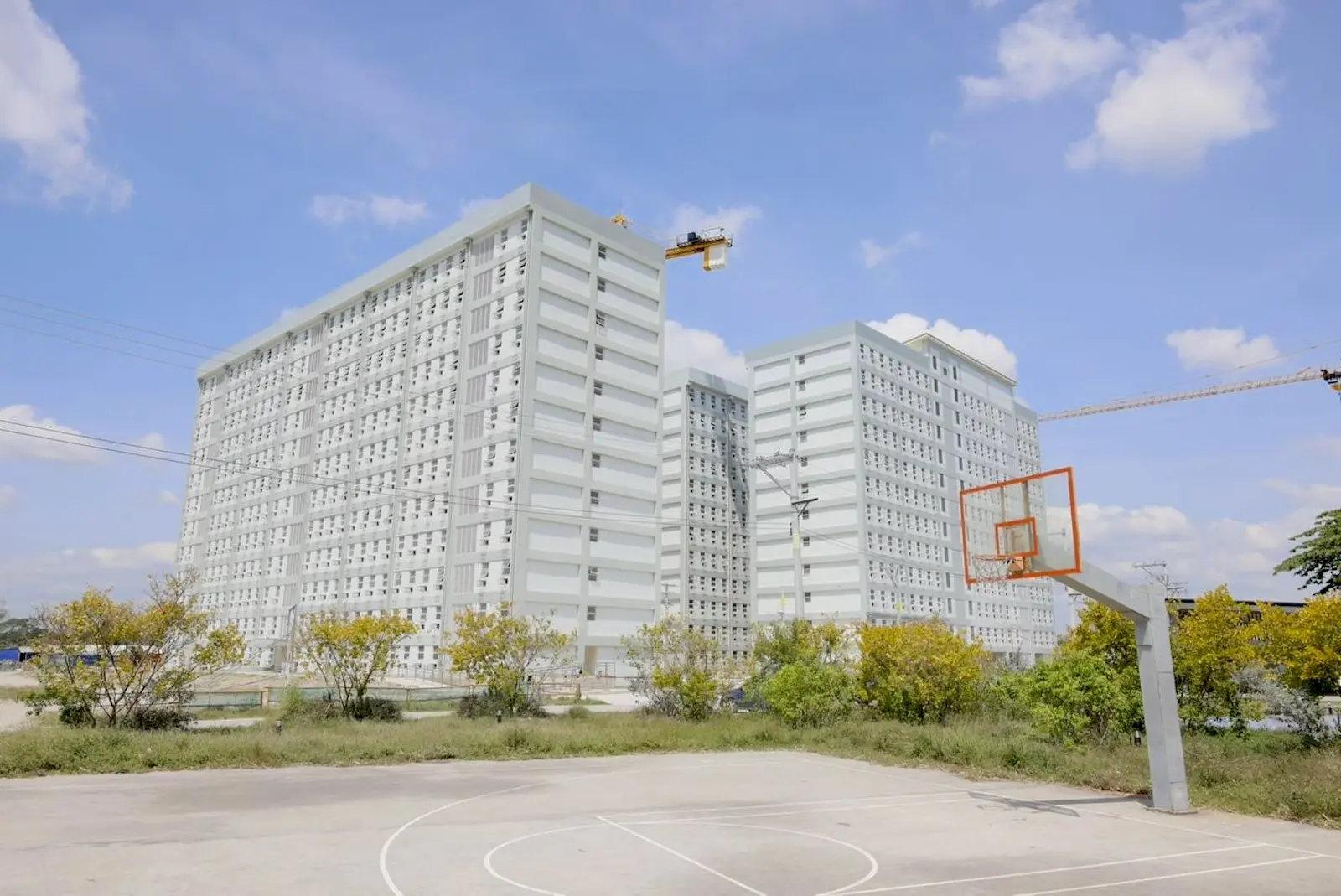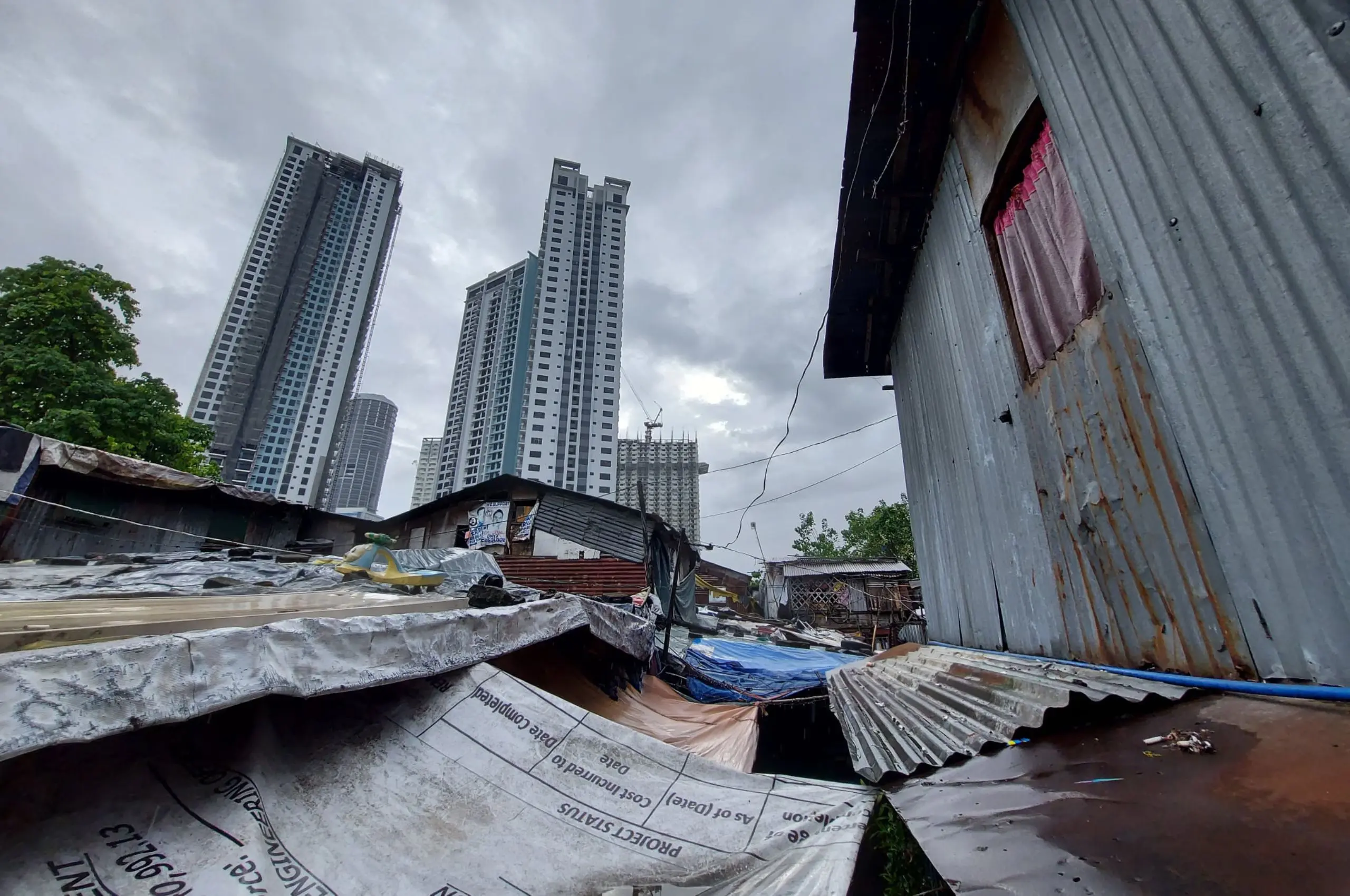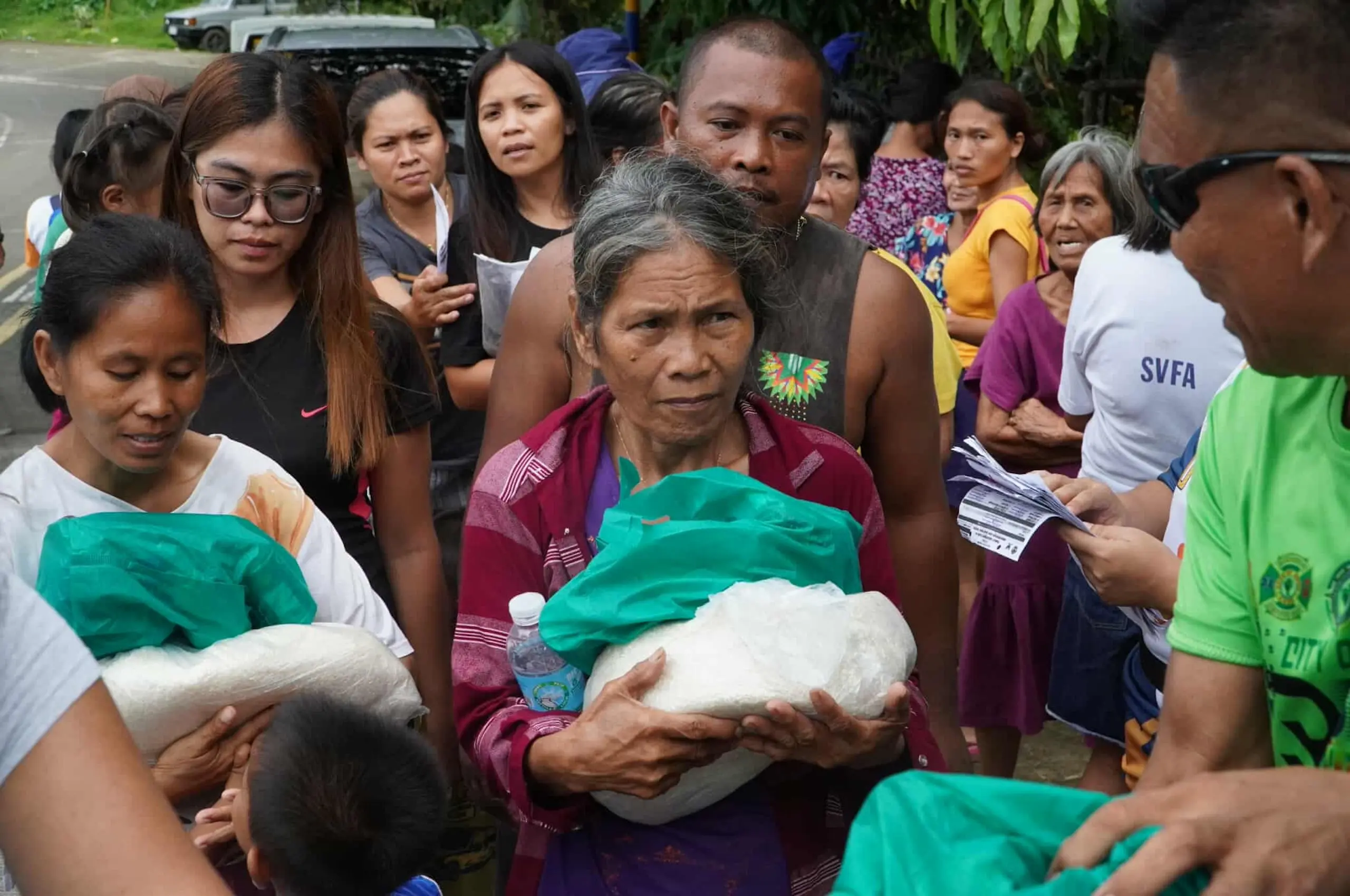Researchers from the think tank Philippine Resource Center for Inclusive Development (Inklusibo) have flagged the Pambansang Pabahay Para sa Pilipino (4PH) program for failing to help the country’s working poor, the program’s main beneficiaries.
In a policy brief released this month, Inklusibo said that the socialized housing program is unaffordable for the poor and overly dependent on the private sector — concerns that were raised by housing rights advocates and urban poor organizations as early as 2023, months after the program started.
4PH was introduced in September 2022 as the flagship program of President Ferdinand “Bongbong” Marcos Jr. and sought to construct one million housing units over his six-year term by providing housing for families in the bottom 30 percent income decile.
One of the concerns flagged by Inklusibo is the mismatch between a typical beneficiary’s income and 4PH housing expenses. A mid-range housing unit is priced at P1.5 million, which can be paid off monthly under the program’s Level Amortization Plan. The beneficiary would have to make monthly payments of approximately P9,235 for 30 years. But Inklusibo estimates that it would consume 64 to 86 percent of the families’ expenditures, especially as they only earn P11,940 to P17,369 a month.
Another concern is the program’s institutional barriers disqualifying the poor. Aside from ISFs, the housing program also aims to service minimum wage earners, government employees, and overseas Filipino workers. However, according to the Department of Human Settlements and Urban Development (DHSUD), those who can avail of housing must also be active members of Pag-IBIG, or the Home Development Mutual Fund, and have at least 24 months of contributions. This effectively excludes families from the informal sector.
Inklusibo also warns that the projects under the program may displace ISFs that reside in government-owned land, as was the case in Veinte Reales, Valenzuela City, in 2023, where urban poor households were forcibly evicted while their houses were demolished to make way for a 4PH housing project.
The Private Sector and People’s Participation

Despite being a government program, 4PH lacks government investment. “Government funds allocated to 4PH are largely confined to interest subsidies, and even these are subject to the availability of funds through the annual national budget process,” Inklusibo said in the report. In 2024, the government allocated P750.81 million for the program, which could only cover 14,673 housing units. Inklusibo also pointed out that no other government program is dedicated to implementing 4PH.
As such, the program relies on support from the private sector through private-public partnerships, including joint venture agreements and turnkey schemes. “These arrangements grant private developers control over financing, design, and implementation — risking the transformation of social housing into profit-oriented commercial ventures,” the organization said in the report.
On top of that, the dependence on the private sector means that there are no mechanisms for the beneficiaries’ meaningful participation. As private developers, contractors, and local government units lead all stages of 4PH’s implementation, their projects are not informed by the needs and lived experiences of the beneficiaries.
“In the absence of a participatory approach, 4PH risks producing social housing that is misaligned with the socio-economic realities of its target beneficiaries and ultimately unfit for their long-term habitation,” Inklusibo said.





